https://techcrunch.com/2025/07/18/netflix-starts-using-genai-in-its-shows-and-films/






3Dprinting (178) A.I. (846) animation (350) blender (210) colour (233) commercials (52) composition (153) cool (364) design (649) Featured (80) hardware (314) IOS (109) jokes (139) lighting (289) modeling (145) music (186) photogrammetry (192) photography (755) production (1291) python (94) quotes (497) reference (314) software (1356) trailers (307) ves (555) VR (221)
https://www.axios.com/2025/06/11/disney-nbcu-midjourney-copyright
Why it matters: It’s the first legal action that major Hollywood studios have taken against a generative AI company.
The complaint, filed in a U.S. District Court in central California, accuses Midjourney of both direct and secondary copyright infringement by using the studios’ intellectual property to train their large language model and by displaying AI-generated images of their copyrighted characters.
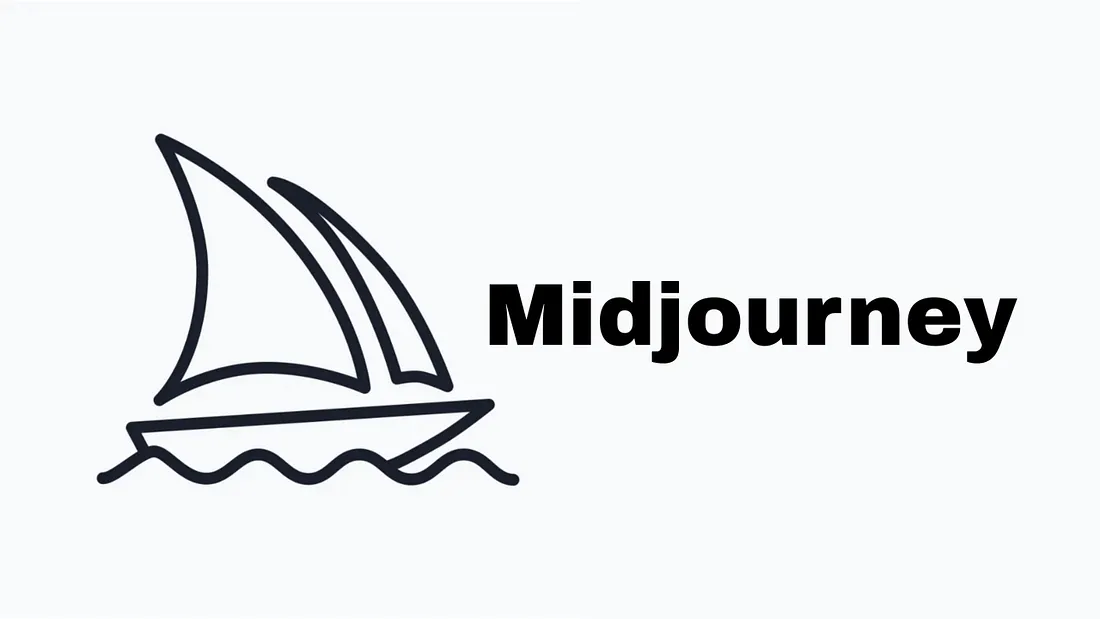
https://runwayml.com/news/runway-amc-partnership
Runway and AMC Networks, the international entertainment company known for popular and award-winning titles including MAD MEN, BREAKING BAD, BETTER CALL SAUL, THE WALKING DEAD and ANNE RICE’S INTERVIEW WITH THE VAMPIRE, are partnering to incorporate Runway’s AI models and tools in AMC Networks’ marketing and TV development processes.
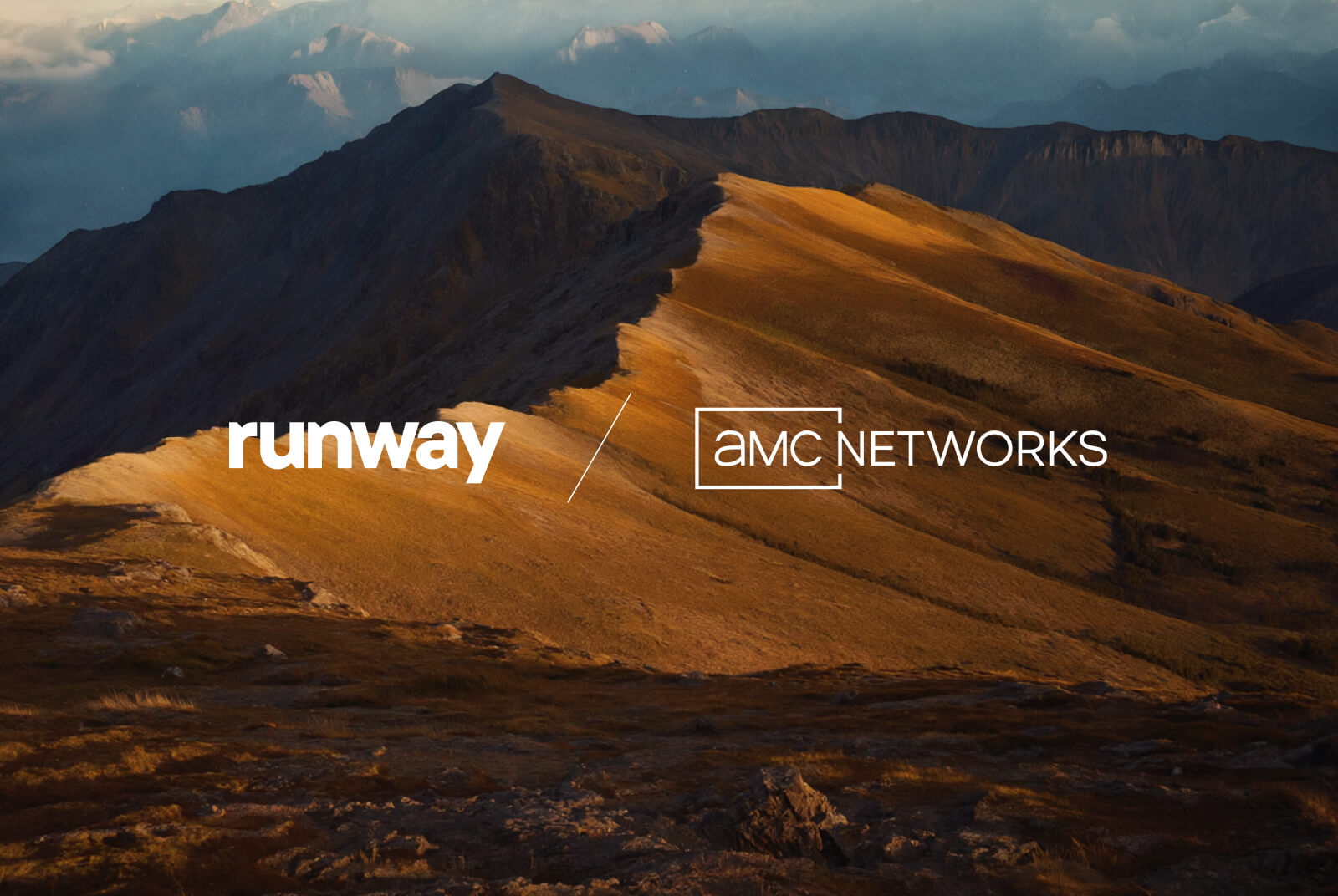
https://www.linkedin.com/pulse/hidden-risks-using-chatgpt-anonymous-ai-tools-workflows-wilson-govcc
If you’re serious about protecting your IP, client relationships, and professional credibility, you need to stop treating generative AI tools like consumer-grade apps. This isn’t about fear, it’s about operational discipline. Below are immediate steps you can take to reduce your exposure and stay in control of your creative pipeline.

https://www.hollywoodreporter.com/business/business-news/pixomondo-led-volume-stage-1236209813/

The new Vancouver virtual stage will measure 50 feet in diameter, 23 feet tall, and will have a 14 foot deep semi-circle to surround actors and physical sets with a digital environment. There’s also two movable wild walls 20 feet wide and 16.5 feet tall and mounted on a ground-hover system to allow quick repositioning, especially for capturing car driving scenes.
https://cyberinsider.com/disney-hacker-admits-using-malware-laced-ai-art-app-to-achieve-breach/
A 25-year-old Santa Clarita man has agreed to plead guilty to hacking a Disney employee’s personal computer, stealing login credentials, and exfiltrating 1.1 terabytes of confidential data from internal Slack channels.
The charges stem from a targeted cyberattack carried out in the spring and summer of 2024 that compromised Disney’s internal communications and led to the public leak of sensitive corporate data.
“Kramer, operating under the alias “NullBulge,” created and distributed a malicious program disguised as an AI art generation tool. He uploaded this trojanized application to GitHub and other public repositories in early 2024, enticing users interested in generative AI. At least three victims, including one Disney employee, downloaded the program. Once executed, the software provided Kramer with remote access to the victims’ machines and stored credentials.”
After infiltrating the employee’s personal system, Kramer accessed corporate Slack credentials to infiltrate Disney’s internal Slack workspace and downloaded around 1.1 terabytes of data from nearly 10,000 channels including unreleased media projects, internal code, links to APIs, and credentials for internal web services.

https://variety.com/2025/film/news/trump-tariff-foreign-film-national-security-1236386566
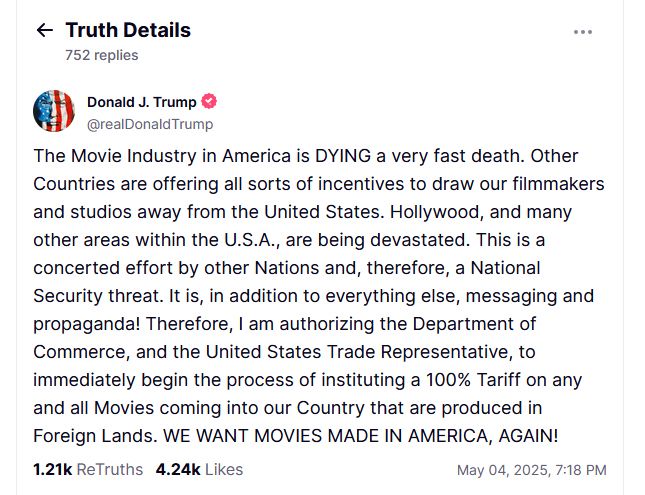
Jon Voight has presented his Hollywood rescue plan…
While President Trump dropped his 100% foreign film tariff bombshell over the weekend, Oscar-winner Jon Voight was already at Mar-a-Lago pitching his industry revival plan. The presidential “Hollywood ambassador” has been making the rounds with unions, studios, and officials to craft his proposal—and now we’ve got the details:
•For filmmakers, Voight proposes stackable federal tax credits (10-20%) on top of existing state incentives. His plan would expand Section 181 provisions, allowing producers to write off 100% of costs in the first year. Instead of blanket tariffs, he suggests targeted penalties of 120% on productions that could have filmed in America but chose foreign locations just for tax incentives.
•For infrastructure, the plan includes tax credits for building or renovating theaters, studios, and post-production facilities. It would create job training programs to ensure Americans have skills for high-paying industry positions, with special emphasis on developing production capabilities in heartland states.
•For streaming platforms, Voight wants to revive regulations that once prevented networks from owning the shows they aired. Streamers would need to pay producers premiums (25-40% of production costs) for exclusive licenses, return more ownership rights after license periods end, and share copyrights 50/50 with content creators.
•For international work, the plan proposes co-production treaties with countries like the UK to enable collaboration without triggering tariffs. It includes exemptions from penalties for legitimate international partnerships that truly require foreign locations.
https://robbredow.com/2025/05/ted-artist-driven-innovation/
https://www.ted.com/talks/rob_bredow_star_wars_changed_visual_effects_ai_is_doing_it_again
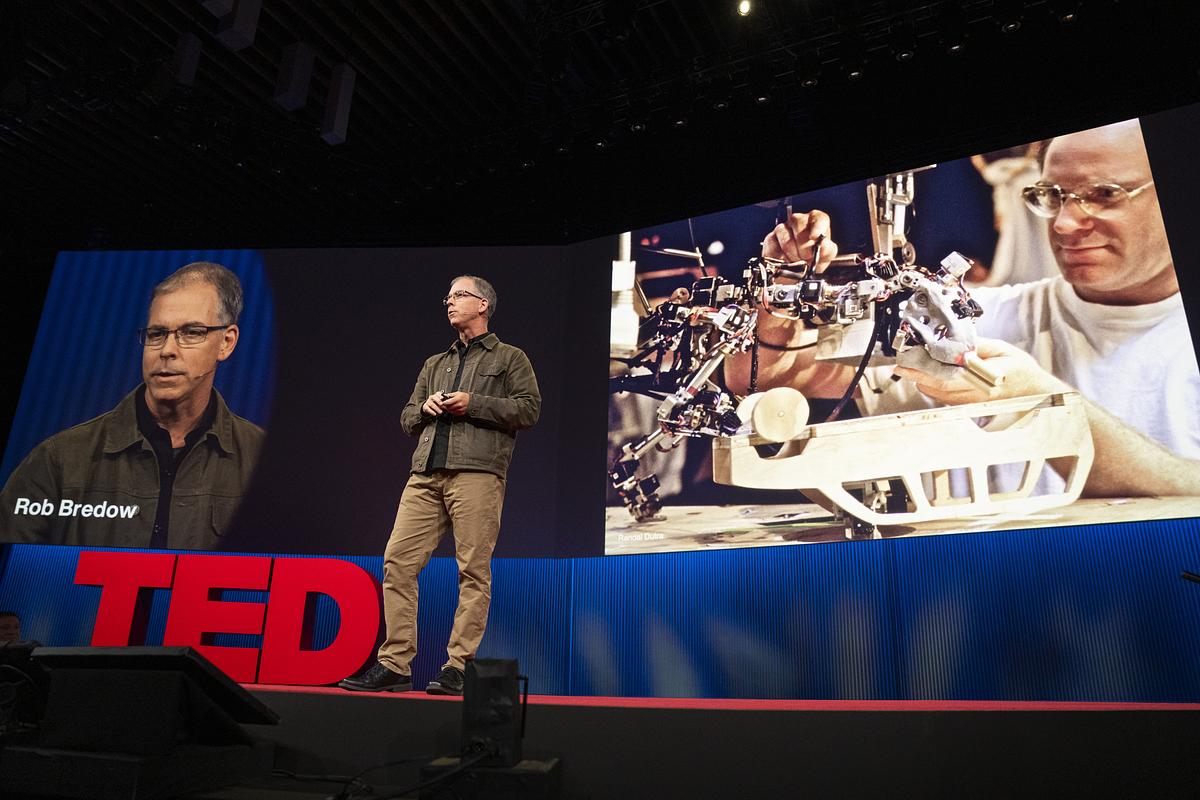
7:59-9:50 Justine Bateman:
“I mean first I want to give people, help people have a little bit of a definition of what generative AI is—
think of it as like a blender and if you have a blender at home and you turn it on, what does it do? It depends on what I put into it, so it cannot function unless it’s fed things.
Then you turn on the blender and you give it a prompt, which is your little spoon, and you get a little spoonful—little Frankenstein spoonful—out of what you asked for.
So what is going into the blender? Every but a hundred years of film and television or many, many years of, you know, doctor’s reports or students’ essays or whatever it is.
In the film business, in particular, that’s what we call theft; it’s the biggest violation. And the term that continues to be used is “all we did.” I think the CTO of OpenAI—believe that’s her position; I forget her name—when she was asked in an interview recently what she had to say about the fact that they didn’t ask permission to take it in, she said, “Well, it was all publicly available.”
And I will say this: if you own a car—I know we’re in New York City, so it’s not going to be as applicable—but if I see a car in the street, it’s publicly available, but somehow it’s illegal for me to take it. That’s what we have the copyright office for, and I don’t know how well staffed they are to handle something like this, but this is the biggest copyright violation in the history of that office and the US government”
https://stability.ai/news/introducing-our-new-chief-pipeline-architect-rob-legato
“Joining Stability AI is an incredible opportunity, and I couldn’t be more excited to help shape the next era of filmmaking,” said Legato. “With dynamic leaders like Prem Akkaraju and James Cameron driving the vision, the potential here is limitless. What excites me most is Stability AI’s commitment to filmmakers—building a tool that is as intuitive as it is powerful, designed to elevate creativity rather than replace it. It’s an artist-first approach to AI, and I’m thrilled to be part of it.”
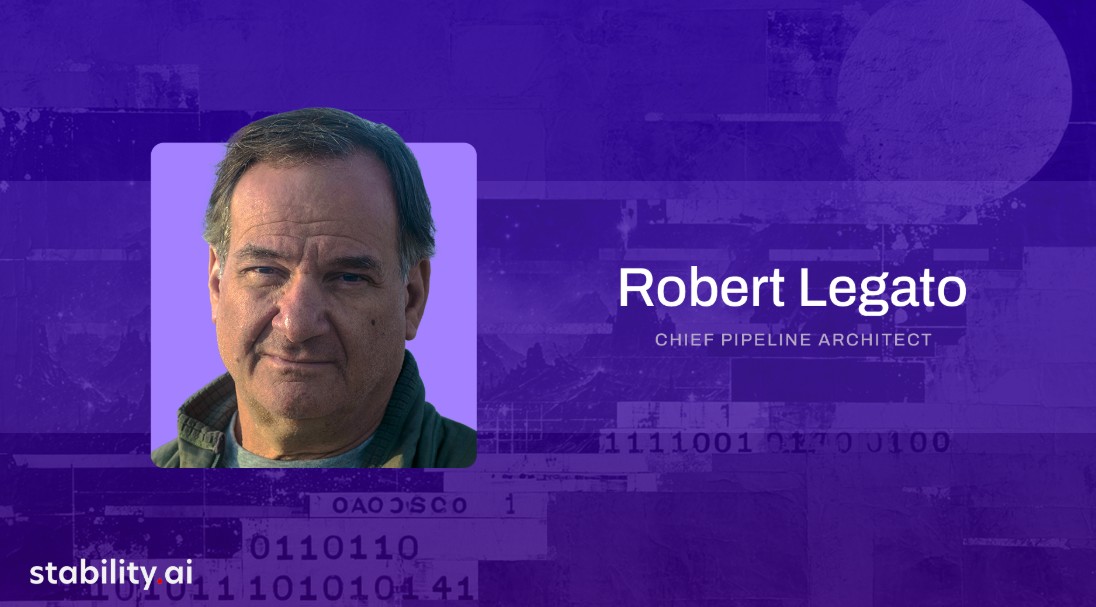
https://www.indiewire.com/news/business/apple-tv-reportedly-loses-1-billion-streaming-1235110323
But it supposedly also has 45 million subscribers, and with $124.3 million in revenue.
Per the company’s most recent earnings, the three months ending in January saw Apple bring in $124.3 billion in revenue, $26.3 billion of which came from Services, a record for the division. That’s just for one quarter. For the year, Services brought in more than $96 billion. It can afford to absorb a billion dollars in losses.
https://spyglass.org/apple-tv-plus-strategy
It Wasn’t the Apple TV+ Spend, It Was the Apple TV+ Strategy
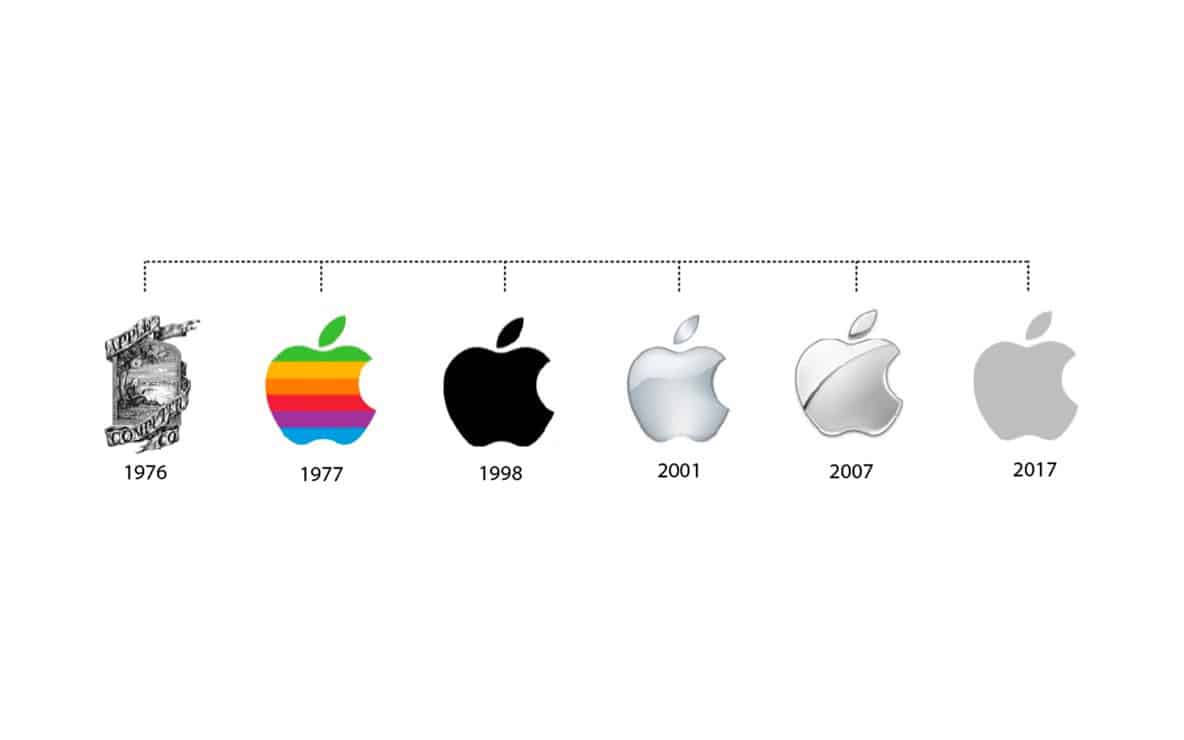
Village Roadshow (prod company/financier: Wonka, the Matrix series, and Ocean’s 11) has filed for bankruptcy.
It’s a rough indicator of where we are in 2025 when one of the last independent production companies working with the studios goes under.
Here’s their balance sheet:
$400 M in library value of 100+ films (89 of which they co-own with Warner Bros.)
$500 M – $1bn total debt
$1.4 M in debt to WGA, whose members were told to stop working with Roadshow in December
$794 K owed to Bryan Cranston’s prod company
$250 K owed to Sony Pictures TV
$300 K/month overhead
The crowning expense that brought down this 36-year-old production company is the $18 M in (unpaid) legal fees from a lengthy and currently unresolved arbitration with their long-time partner Warner Bros, who they’ve had a co-financing arrangement since the late 90s.
Roadshow sued when WBD released their Matrix Resurrections (2021) film in theaters and on Max simultaneously, causing Roadshow to withhold their portion of the $190 M production costs.
Due to mounting financial pressures, Village Roadshow’s CEO, Steve Mosko, a veteran film and TV exec, left the company in January.
Now, this all falls on the shoulders of Jim Moore, CEO of Vine, an equity firm that owns Village Roadshow, as well as Luc Besson’s prod company EuropaCorp.

https://www.broadcastnow.co.uk/post-and-vfx/jellyfish-pictures-suspends-operations/5202847.article
According to a report in Indian news outlet, Animation Xpress, Jellyfish is facing financial struggles and has temporarily suspended its global operations.
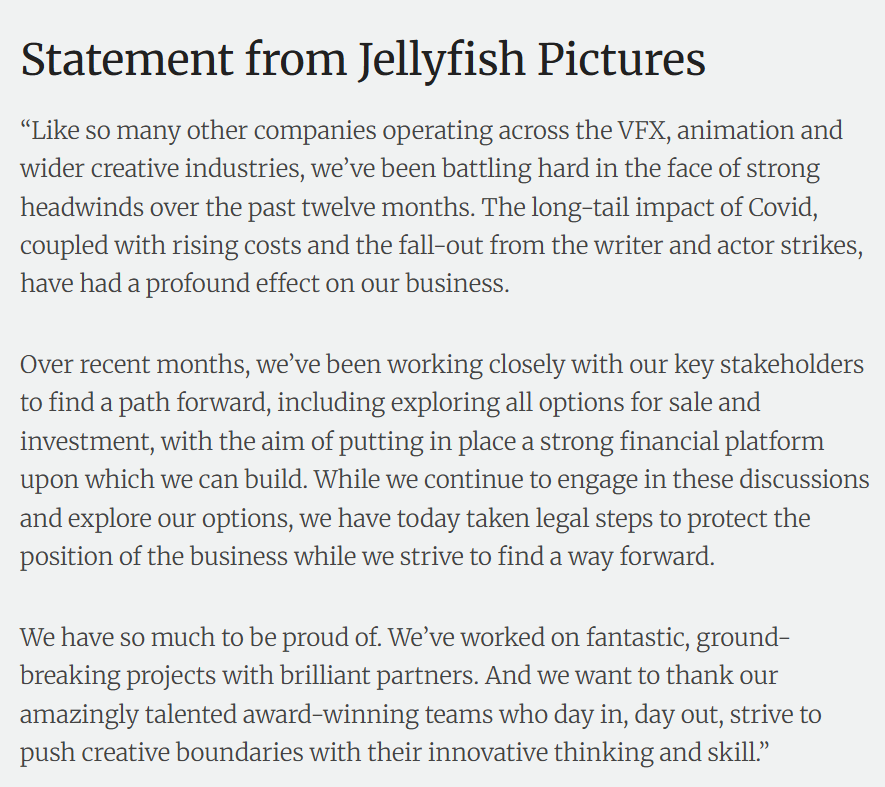
The lawsuit has already provided a few glimpses into how Meta approaches copyright, with court filings from the plaintiffs claiming that Mark Zuckerberg gave the Llama team permission to train the models using copyrighted works and that other Meta team members discussed the use of legally questionable content for AI training.
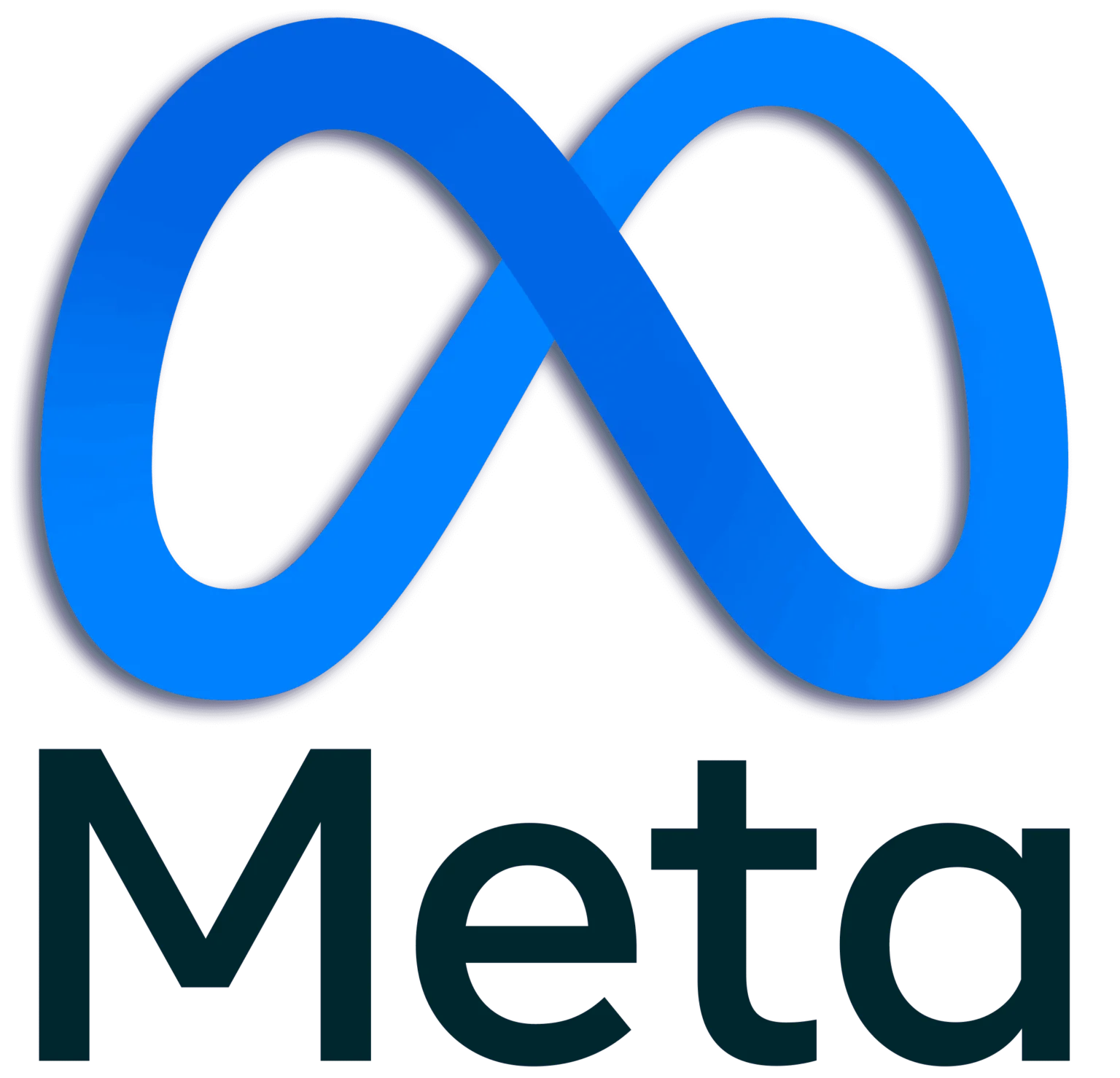
Beyond Technicolor’s specific challenges, the broader VFX industry continues to grapple with systemic issues, including cost-cutting pressures, exploitative working conditions, and an unsustainable business model. VFX houses often operate on razor-thin margins, competing in a race to the bottom due to studios’ demand for cheaper and faster work. This results in a cycle of overwork, burnout, and, in many cases, eventual bankruptcy, as seen with Rhythm & Hues in 2013 and now at Technicolor. The reliance on tax incentives and outsourcing further complicates matters, making VFX work highly unstable. With major vendors collapsing and industry workers facing continued uncertainty, many are calling for structural changes, including better contracts, collective bargaining, and a more sustainable production pipeline. Without meaningful reform, the industry risks seeing more historic names disappear and countless skilled artists move to other fields.
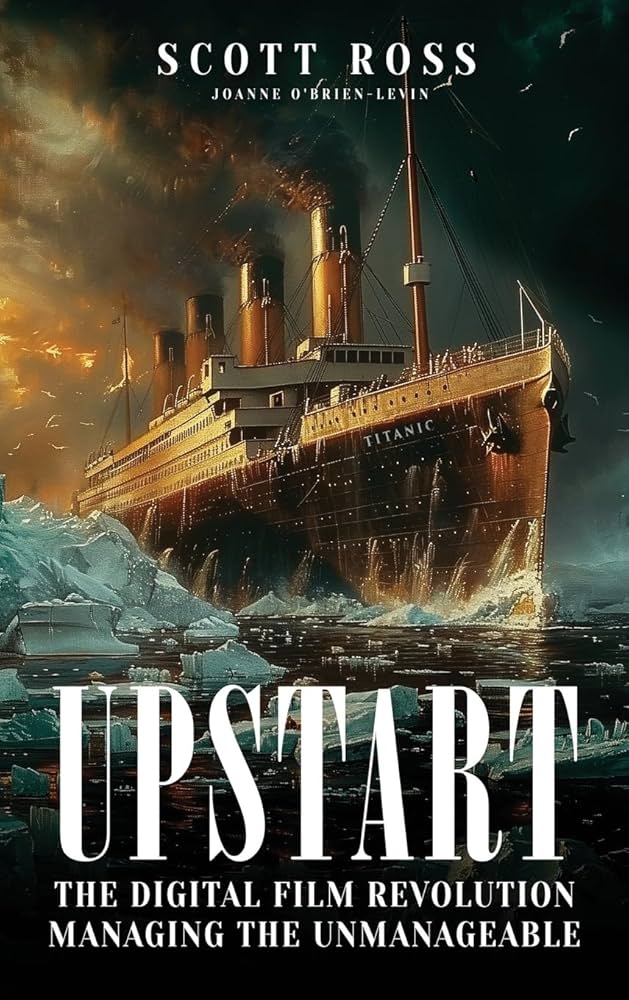
The Nemesis system, for those unfamiliar, is a clever in-game mechanic which tracks a player’s actions to create enemies that feel capable of remembering past encounters. In the studio’s Middle-earth games, this allowed foes to rise through the ranks and enact revenge.
The patent itself – which you can view here – was originally filed back in 2016, before it was granted in 2021. It is dubbed “Nemesis characters, nemesis forts, social vendettas and followers in computer games”. As it stands, the patent has an expiration date of 11th August, 2036.
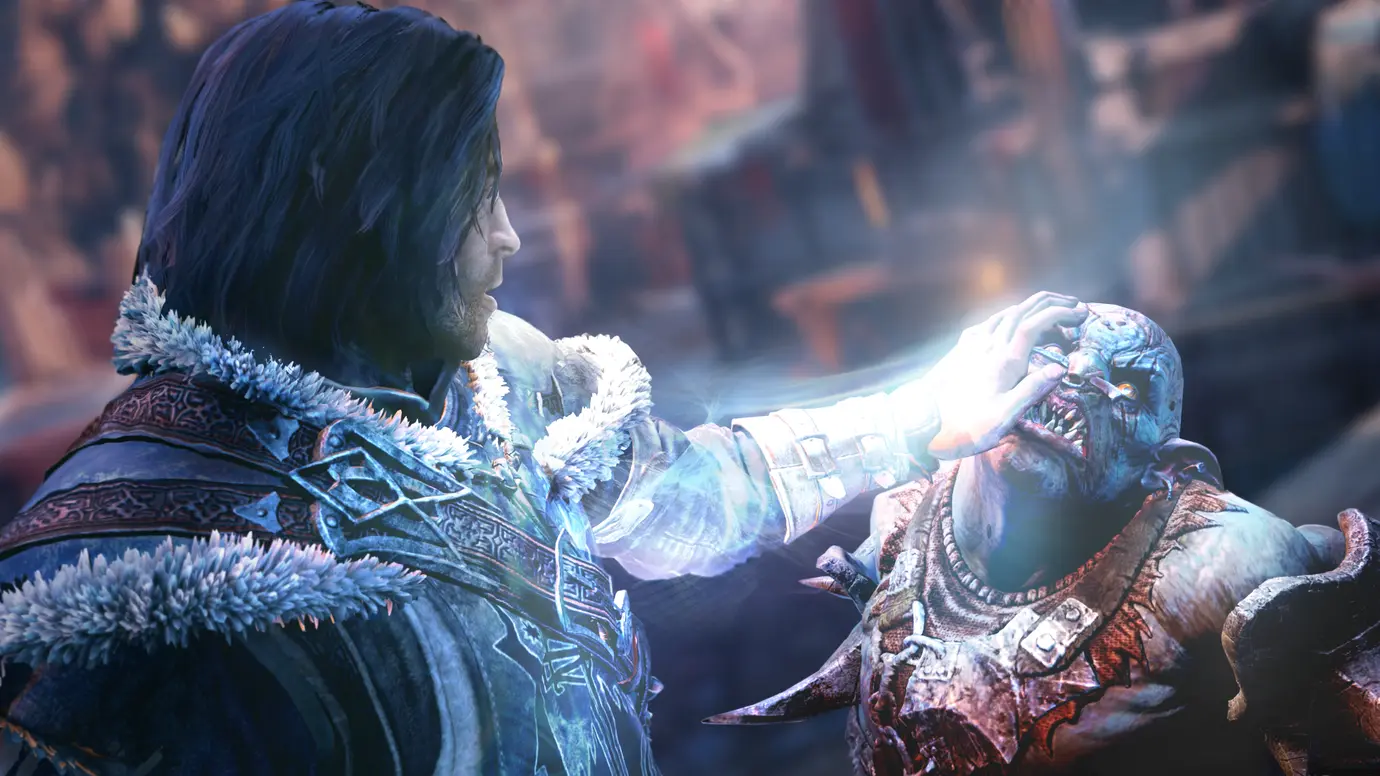
https://www.hollywoodreporter.com/business/business-news/tiana-disney-series-shelved-1236153297
A spokesperson confirmed there will be some layoffs in its Vancouver studio as a result of this shift in business strategy. In addition to the Tiana series, the studio is also scrapping an unannounced feature-length project that was set to go straight to Disney+.
Insiders say that Walt Disney Animation remains committed to releasing one theatrical film per year in addition to other shorts and special projects

This paper presents an introduction to the color pipelines behind modern feature-film visual-effects and animation.
Authored by Jeremy Selan, and reviewed by the members of the VES Technology Committee including Rob Bredow, Dan Candela, Nick Cannon, Paul Debevec, Ray Feeney, Andy Hendrickson, Gautham Krishnamurti, Sam Richards, Jordan Soles, and Sebastian Sylwan.
The VFX Reference Platform is a set of tool and library versions to be used as a common target platform for building software for the VFX industry. Its purpose is to minimise incompatibilities between different software packages, ease the support burden for integrated pipelines and encourage further adoption of Linux by both studios and software vendors. The Reference Platform is updated annually by a group of software vendors in collaboration with the Visual Effects Society Technology Committee.
Each annual reference platform is designated by the calendar year in which major product releases should be targeting that particular reference.
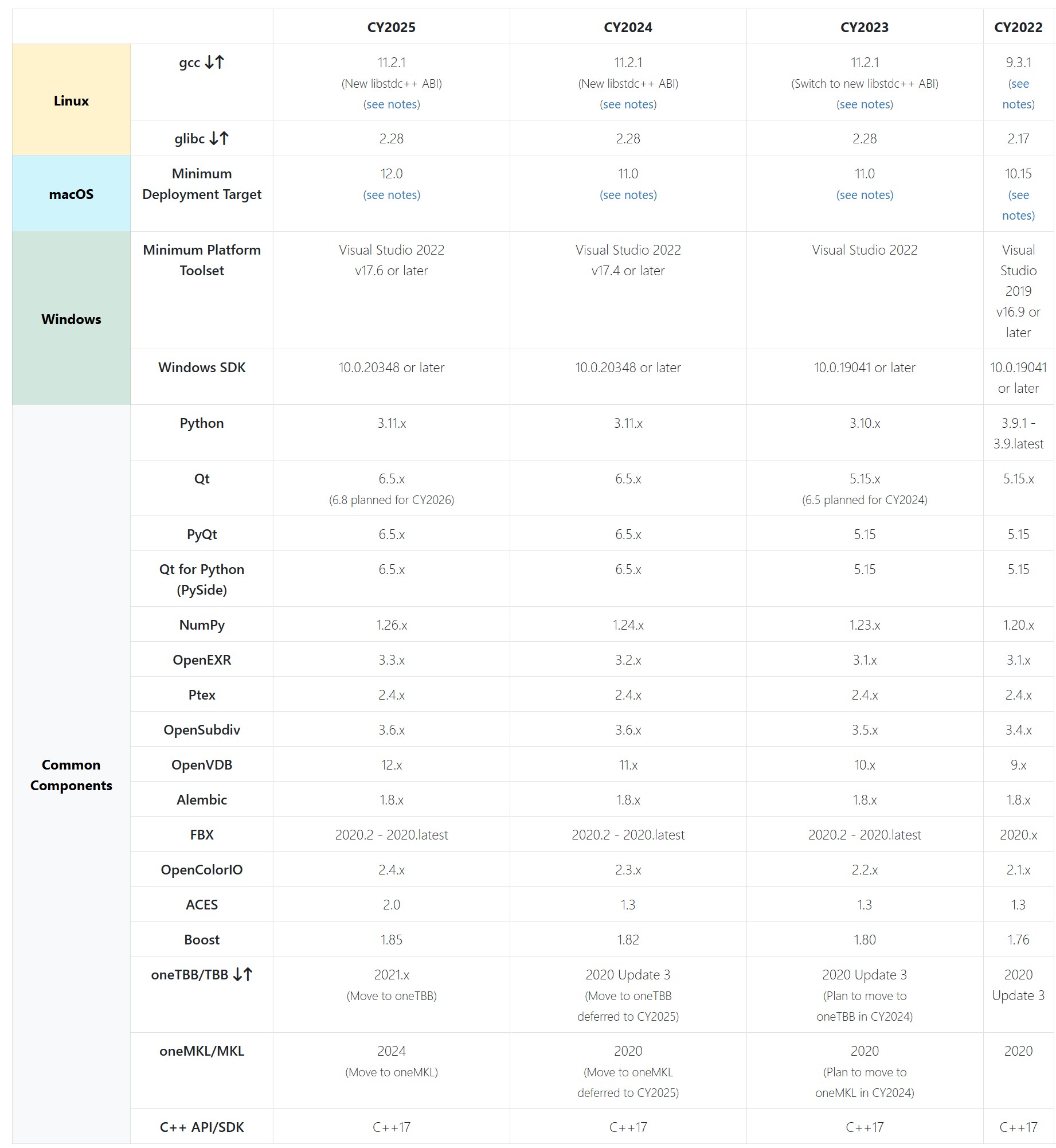
https://variety.com/2025/film/global/technicolor-vfx-mpc-shutter-severe-challenges-1236316354
Shaun Severi, Head of Creative Production at the Mill, claimed in a LinkedIn post that 4,500 had lost their jobs in 24 hours: “The problem wasn’t talent or execution — it was mismanagement at the highest levels…the incompetence at the top was nothing short of disastrous.”
According to Severi, successive company presidents “buried the company under massive debt by acquiring VFX Studios…the second president, after a disastrous merger of the post houses, took us public, artificially inflating the company’s value — only for it to come crashing down when the real numbers were revealed….and the third and final president, who came from a car rental company, had no vision of what she was building, selling or managing.”
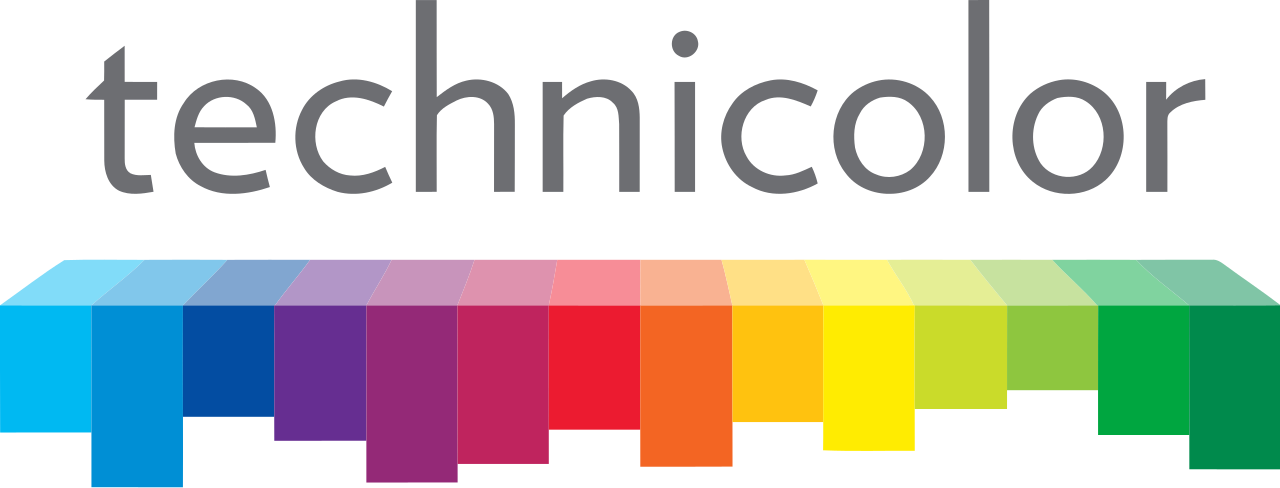
COLLECTIONS
| Featured AI
| Design And Composition
| Explore posts
POPULAR SEARCHES
unreal | pipeline | virtual production | free | learn | photoshop | 360 | macro | google | nvidia | resolution | open source | hdri | real-time | photography basics | nuke
FEATURED POSTS
Social Links
DISCLAIMER – Links and images on this website may be protected by the respective owners’ copyright. All data submitted by users through this site shall be treated as freely available to share.
